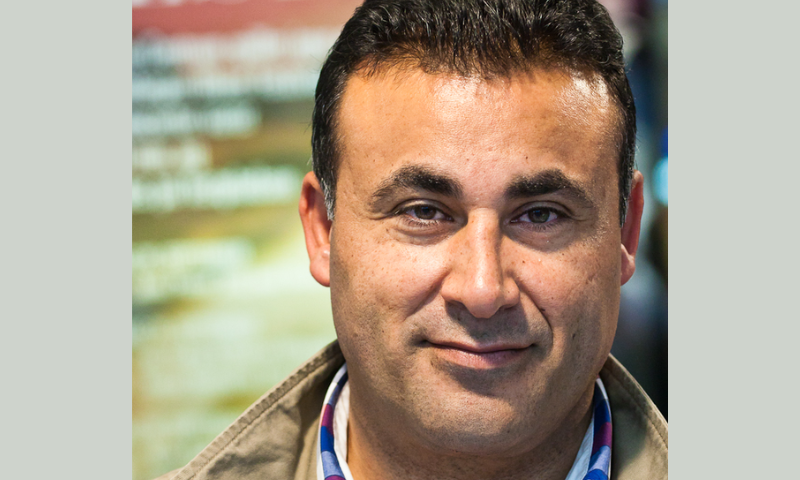Marilyn Stern
Middle East Forum, Aug. 11, 2023 (includes webinar)
The Koran burnings provided a pretext for the president of NATO member Turkey, Recep Tayyip Erdoğan, to block Sweden’s application for membership.
Naser Khader, a Middle East Forum writing fellow, senior fellow at the Hudson Institute, and former member of the Dutch Parliament, spoke to an August 11th Middle East Forum Webinar (video) about the significance of the recent Koran burnings in Sweden and Denmark. The following is a summary of his comments:
In 2001, Khader was elected the first Danish Parliament member from an Arab background. In 2006, Jyllands-Posten, a Danish newspaper, printed twelve drawings of the Islamic prophet Mohammed following statements by several cartoonists that they “did not dare” to depict him. The paper’s editor explained that in a “secular democracy [with] freedom of expression . . . you have to be ready to accept insult, mockery and ridicule.”
The images unleashed a torrent of extreme reactions from the Islamic world. Numerous Danish imams traveled to Islamic countries to instigate protests, eleven Muslim countries sued the newspaper, ambassadors were recalled, Danish goods boycotted, Muslim rioted in Denmark, and people were killed. “Denmark was suddenly thrown into the worst foreign policy crisis since the Second World War.”
To impose blasphemy laws in Denmark, the Organization of Islamic Cooperation (OIC) applied diplomatic pressure, which amounted to interference with the free media.
“The drawings prompted impetus from eleven Muslim countries to request a meeting with Prime Minister Anders Fogh Rasmussen and to hold the newspaper responsible before the law. Of course, our then-prime minister could not do that and replied with a reference to our constitution that guaranteed freedom of speech. He said that the Danish government could and would not interfere with the free media.”
… [To read the full article, click here]
_________________________________


